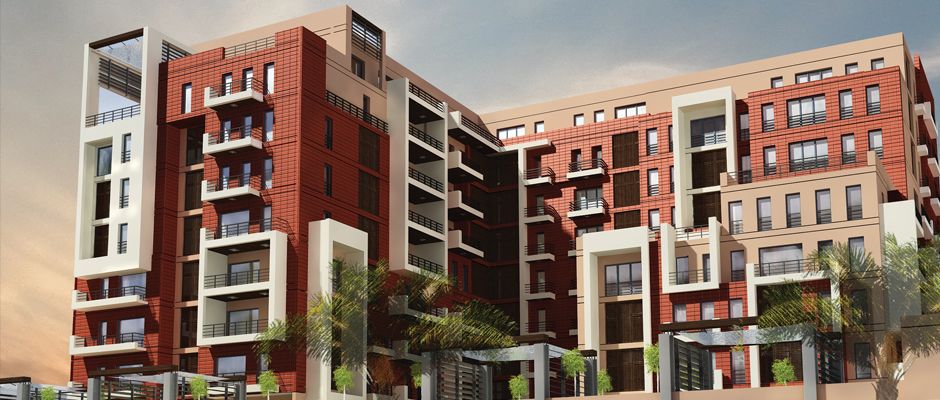The recent amendments to the Investment Law’s Executive Regulations have seen the New Administrative Capital (NAC) added to Sector (A) – areas most in need of development according to the investment map – which will facilitate investment opportunities in the project.
The NAC will also witness new investment incentives that were recently approved by the Administrative Capital for Urban Development (ACUD), according to the company’s spokesperson Khaled El Hosseini.
El Hosseini told Daily News Egypt that according to the Investment Law, tax incentives and facilities will be provided, including granting investment projects that are being developed after the law’s implementation. There will also be an investment incentive, as a deduction from taxable net profits, at a deduction of 50% from investment costs.
He added that in all cases the investment incentive must not exceed 80% of the paid capital until the date of commencement of operation, in accordance with the provisions of the Income Tax Law promulgated by Law No. 91/2005. At the same time, the period of deduction must not exceed seven years from the date of commencement of operation.
In its weekly meeting in late November, the Egyptian Cabinet approved a draft decree to amend the second paragraph of Article No. 10 of Executive Regulations for the Investment Law. In doing so, it added the NAC within Sector (A) within the scope of application of the provisions of the Investment Law promulgated by Law No. 72/2017.
The text of the cabinet’s decision stated that this amendment comes within the framework of revitalising investment opportunities in the NAC.
The decision explained that this is by granting incentives to investors in the NAC area, similar to the Suez Canal economic zone and the Golden Triangle economic zone. These two areas contribute to supporting and developing the national economy, as it is one of the most important national projects currently being implemented in Egypt.
The ACUD has recently approved a number of investment incentives for developers, namely halting the payment of land instalments to the company if the developers obtained lands without paved roads and main axes to reach them. This also covers lands that have many quarrying works, in addition to lands that have not connected with basic utilities such as water, El Hosseini disclosed.
He added that among other facilitations is the expansion of the period of project development for companies operating in the NAC. This takes into account that the period for implementation is calculated from the date of issuing ministerial approval for the project and not exceeding six months.
Moreover, the ACUD has agreed that the main developer will be allowed to participate in a sub-developer, to complete the development of a project within the specified period. The company has adopted the approach of the New Urban Communities Authority (NUCA) in this regard, in accordance with its regulations and laws.
Over and above, in late June, the ACUD has announced slashing down-payments for land purchasing, from 20% to 10%, for the first time since the first phase of NAC was launched.
The total number of contracts that were completed in the first phase of the NAC reached 218, divided according to: 65 housing contracts with developers in R7-R8; seven contracts for the establishment of universities; and 36 contracts for the establishment of private schools. In addition to this, a further 46 multi-activity contracts have been sealed with developers; 18 with bank branches; one each for a club, and a contract for a mixed-use project in MU7; in addition to 43 administrative headquarters projects in the financial district and a contract in the Downtown area of GOV2.
El Hosseini said that 68 ministerial approvals for projects have been obtained and a decision is underway. Moreover, 2,903 building permits have been issued, and 1,539 licences are being finalised for 53 companies.
He denied withdrawing lands from developers, stressed that the company is still receiving requests to schedule some instalments in connection with the repercussions of the novel coronavirus (COVID-19) pandemic.
He added, “Each request is studied separately to determine values and timing of instalments.”
El Hosseini revealed that the company will offer the second phase of the NAC project as soon as the development of infrastructure begins in the phase, which will take place after the consulting offices complete the plan and approve it soon.




